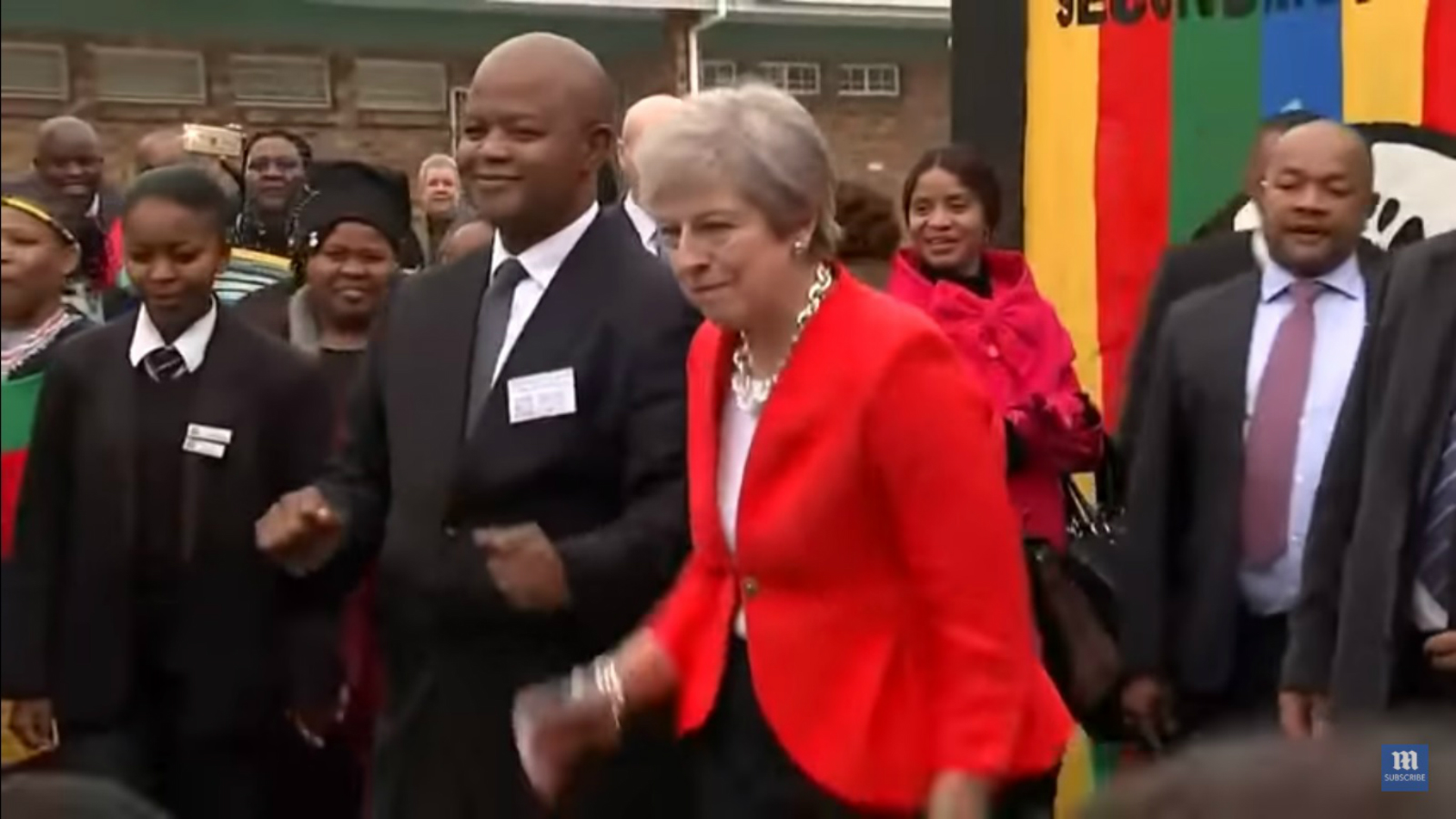The new “scramble for Africa” is not the same as the old

The new “scramble for Africa” is not the same as the old: Much attention has been given to the influx of investment and credit from China to African nations in what some have called a “new scramble for Africa” the FT says. But unlike the previous grab of colonial European days, this influx of capital and geopolitical influence is being led by the likes of Brazil, Russia, the GCC and Turkey — all of whom are following China’s lead.
Caught off guard: How is it that China has spearheaded this influx of EM capital into the continent at the expense of Europe the US? “At the end of the cold war, the west very much withdrew and stopped asserting its interest in Africa,” says Howard French, a professor at the Columbia School of Journalism and an expert on Africa. “It has taken all this time for the vacuum that this created to draw in a panoply of new players. China is the most obviously important, but Malaysia, India, Vietnam, Turkey, Brazil, Russia and the Gulf states have all been drawn in,” he says.
The numbers make sense to EM companies: “In spite of Africa’s well-documented problems, companies with a cheaper cost base than European or American rivals can often turn a good profit,” writes David Pilling. Furthermore, Africa’s fundamentals and macro climate are proving enticing. Six of the world’s 10 fastest-growing economies are in Africa, with demographics largely skewed towards the young. EM countries outside the continent were quick to spot the similarities.
And now the West wants back in: Sensing that they were left behind, the EU, the UK and the US are now trying to find their place back in the running. Last year, Germany launched what it called a “Marshall Plan with Africa,” pledging public money to companies investing on the continent. French President Emmanuel Macron is also pushing for commercial re-engagement. Even the Trump administration has authorized a larger budget for African investment.
Really want to see European desperation? Look to UK Prime Minister Theresa May, who started to develop a reputation as the most awkward dancer ever even as she proved herself a good sport (watch, runtime: 1:01).